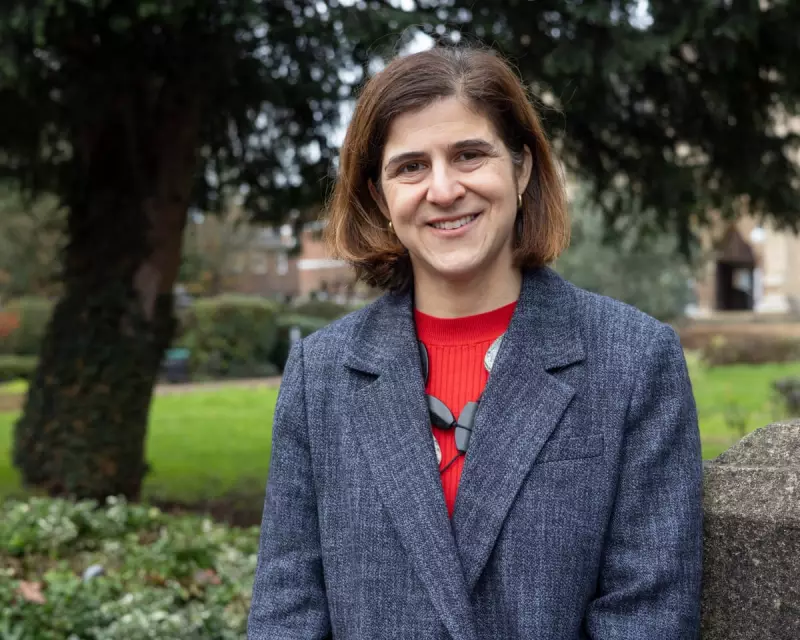
Radical Justice Reform Aims to Clear 80,000 Case Backlog
The government is preparing one of the most significant overhauls of the justice system in England and Wales in generations, with plans to remove the right to trial by jury for thousands of criminal cases. Courts Minister Sarah Sackman has revealed that drug dealers and career criminals are currently 'laughing in the dock' knowing that cases can take years to reach trial.
Justice Delayed is Justice Denied
Speaking exclusively to the Guardian at Wood Green crown court, Sackman described the nearly 80,000 cases waiting in the backlog as catastrophic. She witnessed a bail hearing for a severe sexual assault case that's unlikely to reach full trial until 2028, despite the offences dating back to 2020. 'I can't think of a greater responsibility in government than ensuring that our justice system works,' the minister stated.
The proposed changes will create a new judge-only division of the crown court to hear certain cases, with ministers promising the reforms will significantly shrink the court backlog by 2029. Without action, the backlog is expected to reach 100,000 cases by 2028 according to Sir Brian Leveson's review, which forms the basis for these reforms.
Controversial Changes Face Strong Opposition
The Ministry of Justice anticipates significant backlash from barristers and the judiciary. The Criminal Bar Association already opposes the changes, with 90% of its members against ending jury trial rights. They argue this undermines a fundamental principle of British justice and risks public trust in the system.
Sackman defended the reforms, questioning whether someone who stole a bottle of whisky should receive jury trial rights, or whether complex fraud cases involving cryptocurrency should require juries sitting for over a year. 'For me, the priority is swift justice, fair justice, over prioritising a defendant's right to choose where that trial is heard,' she explained.
The statistics reveal a concerning trend: while defendants can choose where their case is heard in 40% of cases, the proportion electing for jury trial has more than doubled from 8% in 2014 to higher numbers by 2022. Judges at Wood Green described this as 'morale-sapping' as they witness defendants opting for jury trials hoping the case will collapse.
Racial equality groups have expressed concerns about the unrepresentative nature of the judiciary compared to juries. Current judicial diversity statistics show ethnic minorities make up 12% of judges in England and Wales, while black judge representation has remained at just 1% for a decade.
The government will legislate in the new year to enact most recommendations from Leveson's report, with ministers determined to prevent criminals from 'gaming the system' through strategic trial choices that delay proceedings, sometimes by years.





